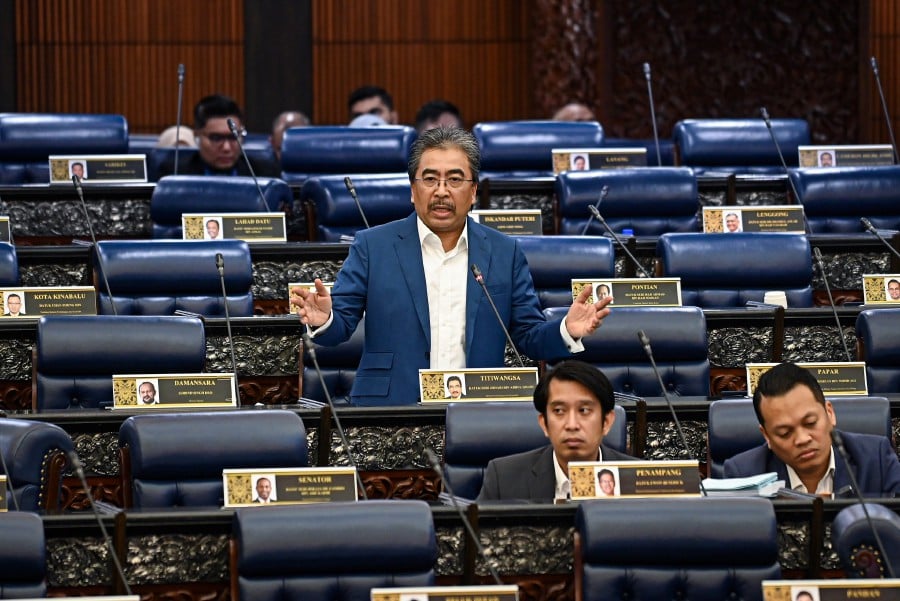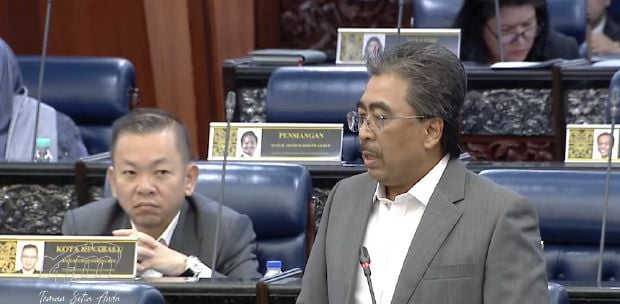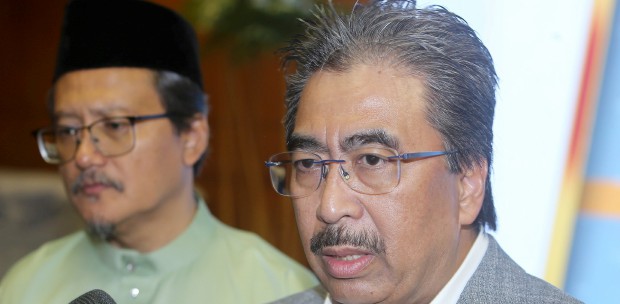KUALA LUMPUR: The main obstacle in developing Malaysia's bamboo industry is land availability, said Plantations and Commodities Minister Datuk Seri Johari Abdul Ghani.
He said the size of available land created difficulties in establishing a sustainable commercial bamboo sector for the country.
He said at least 2,000 hectares was needed to meet market demand or implement the concept of commercial bamboo cultivation.
"Obtaining land for bamboo planting is challenging due to limited availability from state governments," he said.
"In comparison, palm oil has 5.7 million hectares and rubber has 1.1 million hectares, while bamboo has only 4,000 hectares. This disparity hinders both upstream and downstream industrial development."
Johari said this in response to Bakri Jamaluddin's (PN-Tangga Batu) supplementary question during the minister's question time in the Dewan Rakyat today.
Johari said Malaysia's bamboo industry generated only RM13.7 billion in exports over the past decade, with RM20.7 million generated last year.
"We imported bamboo last year for downstream industries, including 528 handicraft companies, seven furniture companies, three textile companies and 17 construction companies, as our local supply still falls short."
Datuk Seri Dr Wee Jeck Seng (BN-Tanjong Piai) inquired whether the ministry had discussed bamboo cultivation with state governments.
Johari replied that many state governments were not prepared to allocate land for bamboo cultivation.
Despite the incentives, he said, many prefer to allocate land for palm oil cultivation due to its established ecosystem, comprehensive value chain and large export value that exceeds RM100 billion.
"However, the Sarawak government has recently allocated 3,339 hectares for bamboo cultivation.
"This process has begun, but we have also faced challenges. Exploring forests raises deforestation concerns, potentially reducing forest cover to below 50 per cent."
Johari said rubber and palm oil landowners were reluctant to allocate land for bamboo cultivation.
However, he affirmed the ministry's commitment to persuading landowners of the future benefits of bamboo cultivation.
Earlier, Bakri asked about the progress made by the country's bamboo industry to meet the goals of the Malaysia Bamboo Industry Development Action Plan 2021-2030.
Johari said according to the Bamboo Global Market Report 2024, the global bamboo industry was valued at US$70.6 billion last year, and was expected to grow to nearly US$100 billion by 2028.
"This increase in demand is driven by factors such as diverse bamboo product applications, including its potential as a sustainable resource."






